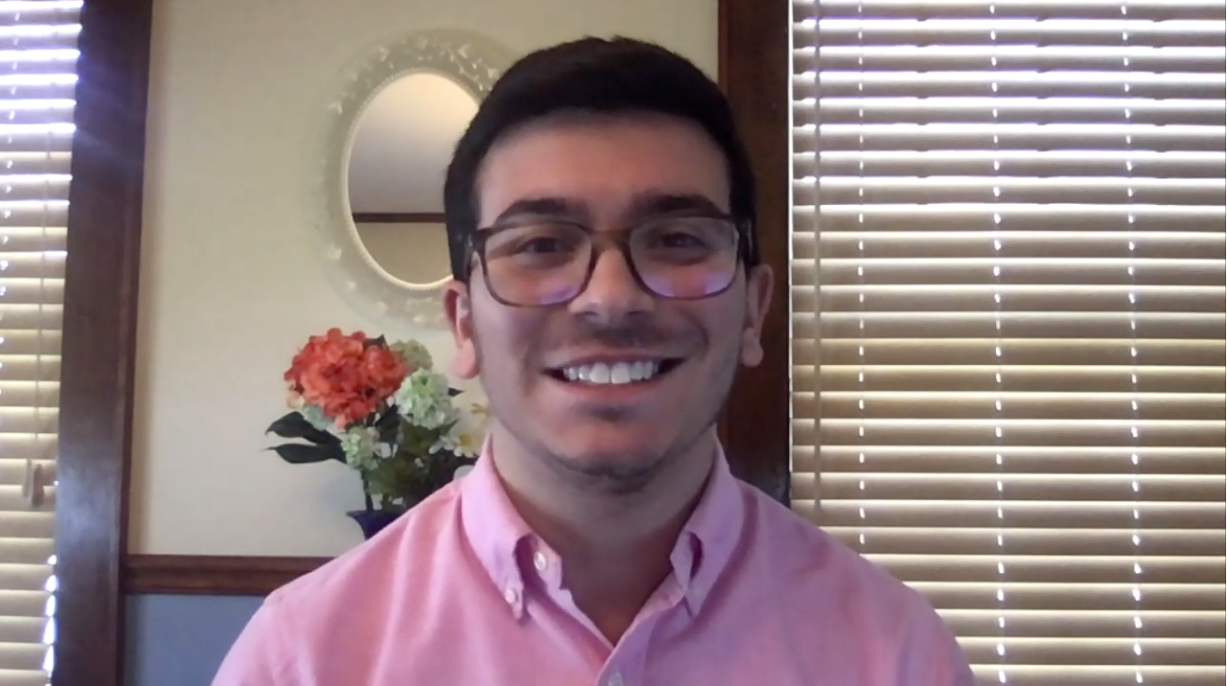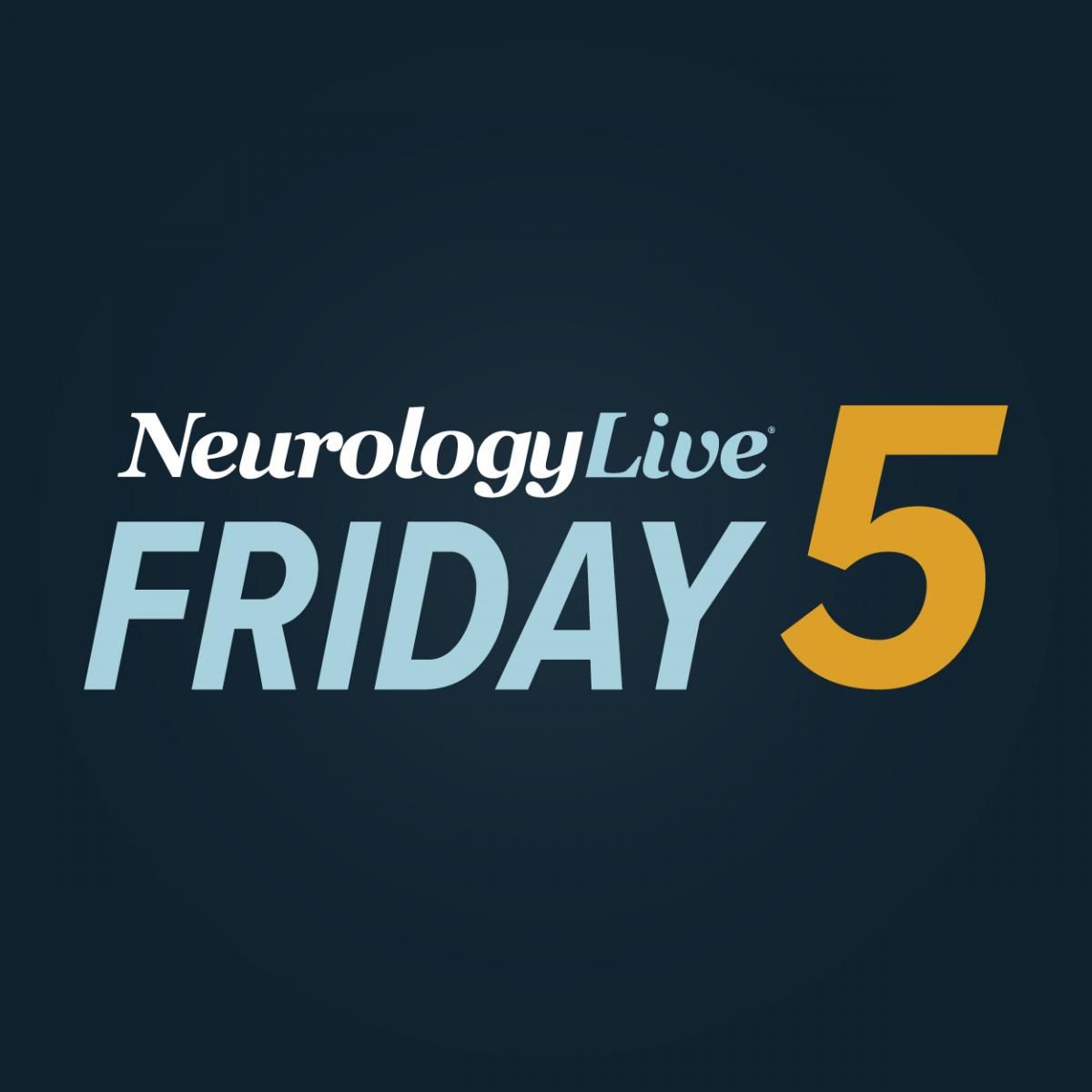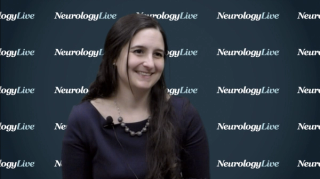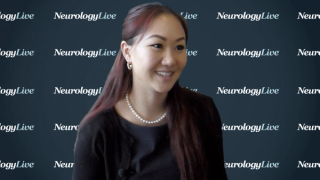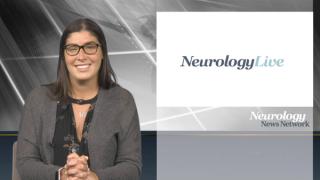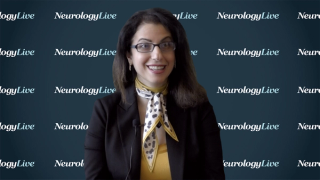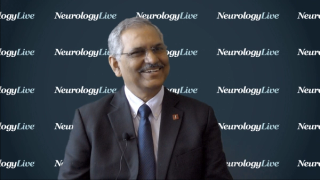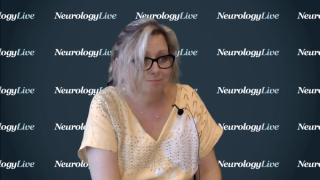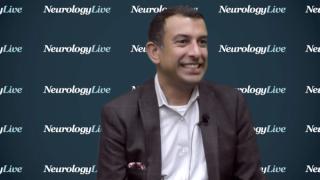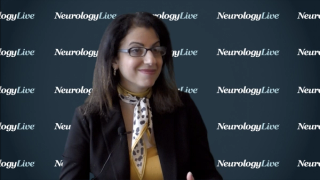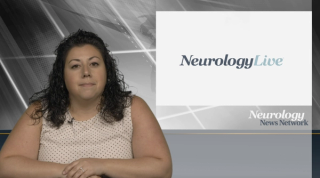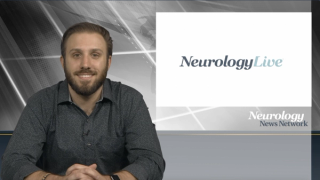
Epilepsy
Latest News
Latest Videos

CME Content
More News

The agency has assigned a PDUFA date of July 31, 2020, for the purified CBD treatment which has been previously approved for Dravet and Lennox-Gastaut syndromes.

Pediatric patients with focal-onset seizures experienced significant reductions in their 24-hour seizure rates compared to placebo when administered adjunctive 14 mg/kg per day pregabalin (Lyrica; Pfizer).

Full data from the ARCADE study of Ovid’s soticlestat is expected to be released in the first quarter of 2021.

The president and CEO of Engage Therapeutics, along with the company’s executive VP and COO, discussed its investigational Staccato alprazolam product in the abortive treatment of seizures.
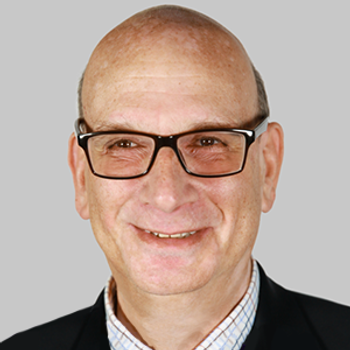
The chief medical officer at SK Life Science discussed what the clinical community needs to know with cenobamate headed to the market in the second quarter of this year.

Eton Pharmaceuticals plans to submit a new drug application for ET-101 in the third quarter of 2020, anticipating its formulation to be the first approved oral topiramate solution.

Results from a study of 55 patients with temporal lobe epilepsy who underwent surgery suggest that resection may result in hippocampal atrophy and memory decline as a result of disruption of a memory network that includes the temporal lobe.

The webinar, a partnership between Women Neurologist's Group (WNG) and NeurologyLive, features the latest updates from CMS on billing and coding for telemedicine visits.

As neurologists and other specialists may increasingly be called upon to serve as general hospitalists in the wake of the COVID-19 pandemic, keeping health care workers healthy becomes paramount.
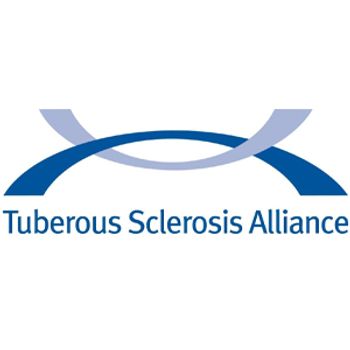
The Tuberous Sclerosis Alliance (TS Alliance) have prepared an FAQ to address concerns from the tuberous sclerosis complex (TSC) community regarding the COVID-19 outbreak.
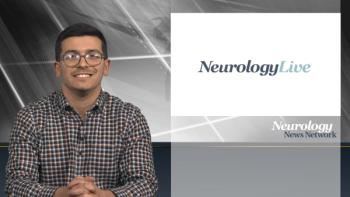
Neurology News Network for the week ending March 14, 2020.
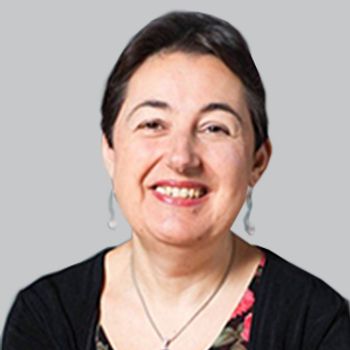
The Engage Therapeutics product met its primary end point in the StATES study, with an onset of action for ceasing seizure activity of approximately 30 seconds, on average.

SK Life Science’s newly approved treatment for partial-onset seizures is set to launch in the second quarter of 2020, after being designated Schedule V by the DEA.
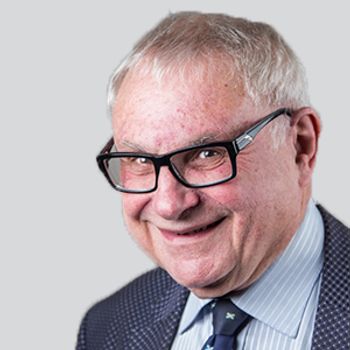
Despite the introduction of second-generation ASMs, drug tolerability has been relatively unchanged over the last 30 years.

Both the 10- and 20-mg doses were associated with clinically relevant reductions in convulsive seizures with a favorable safety and tolerability profile.
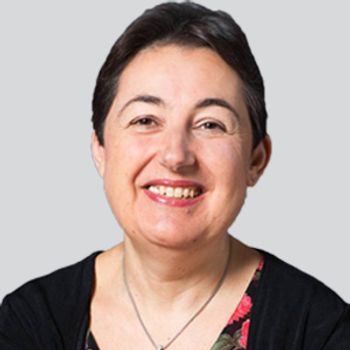
The drug was previously approved for the treatment of acute repetitive seizures and granted 7 years of orphan drug exclusivity in January 2020.

The new PDUFA action date has been set as June 25, 2020, a 3-month extension. The FDA informed Zogenix that additional data submission has constituted a major amendment to the NDA.
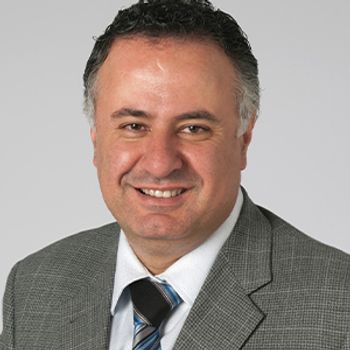
Imad Najm, MD, director of the Cleveland Clinic Epilepsy Center, detailed the ongoing efforts to transform the way health care providers diagnose and treat patients with 1 ultimate goal in mind: improving access to high-quality care.
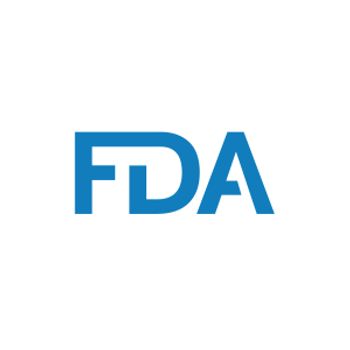
Phenytoin is indicated for the treatment of tonic-clonic and psychomotor seizures in pediatric and adult patients.
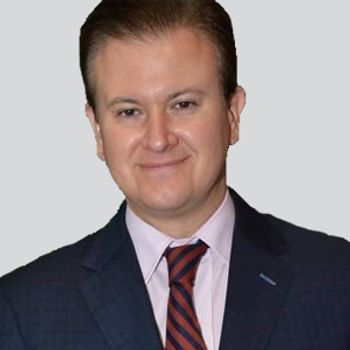
Patients 65 and under were more likely to develop seizures following a stroke than older patients.
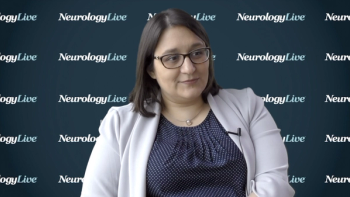
The associate professor of neurology and director of the Women With Epilepsy Program at Northwestern University Feinberg School of Medicine discussed the reasons an adult with epilepsy may seek genetic testing and what benefits it can provide.
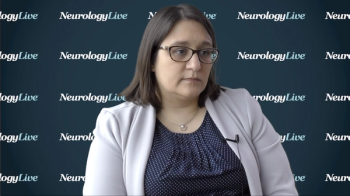
The associate professor of neurology and director of the Women With Epilepsy Program at Northwestern University Feinberg School of Medicine spoke about the evolving landscape of the use of genetic tools in epilepsy.
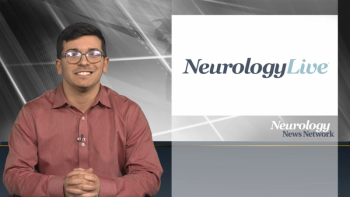
Neurology News Network for the week ending February 15, 2020.

The associate professor of neurology and director of the Women With Epilepsy Program at Northwestern University Feinberg School of Medicine discussed the use of genetic testing in the adult epilepsy population.
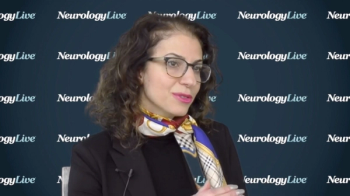
The professor of neurology and epilepsy specialist at the Cleveland Clinic Lerner College of Medicine discussed the difficult treatment decisions faced when undergoing epilepsy surgery.


